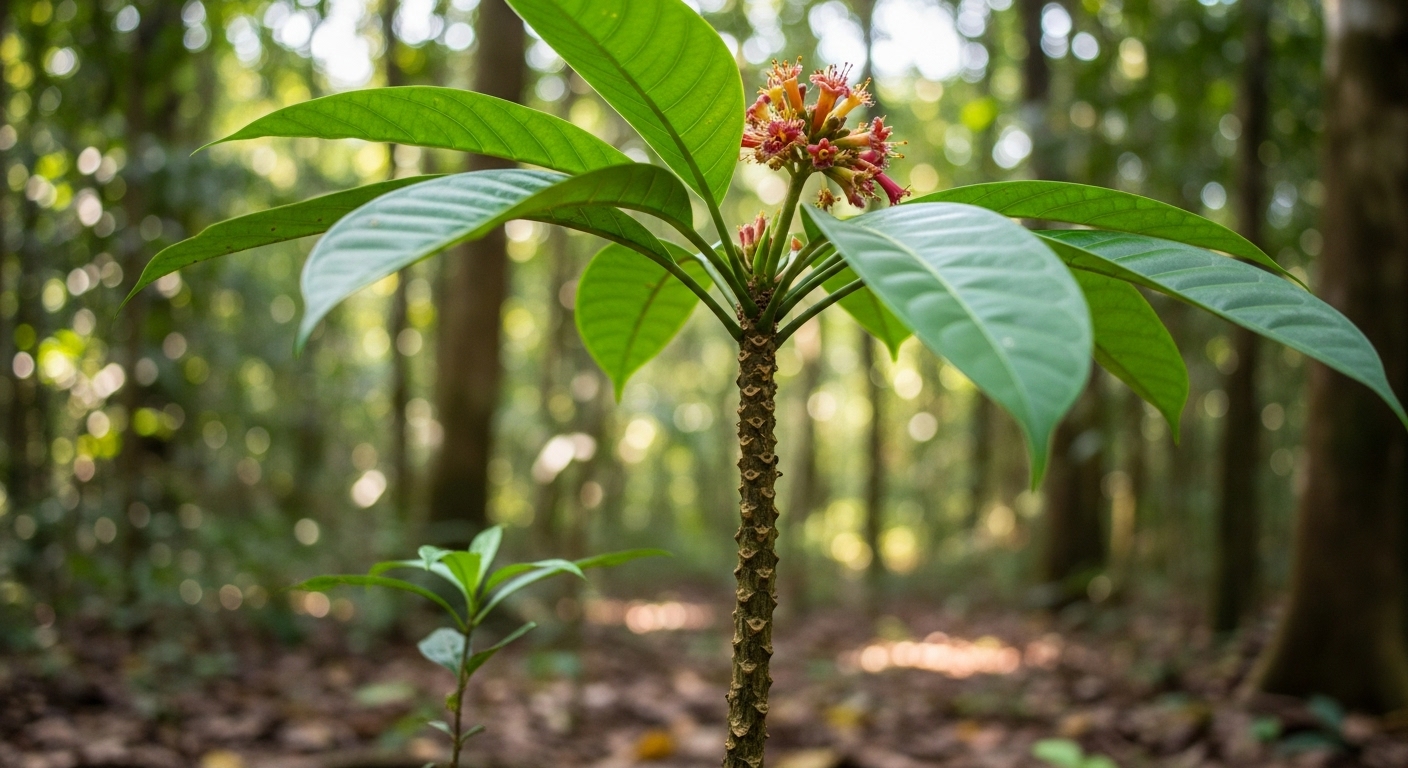Dr. Kumar’s Take
This meta-analysis shows that Tongkat Ali, a traditional Southeast Asian herb, has real biological effects on testosterone. The benefits were strongest in men with low baseline levels or in stressful situations. While it is not as powerful as testosterone therapy, it represents one of the most consistent herbal options for hormone support.
Key Takeaways
✔ Tongkat Ali supplementation increased total testosterone in multiple randomized trials.
✔ Effects were largest in men with baseline hypogonadism or stress-related low testosterone.
✔ Supplementation improved related health measures, including energy and mood.
✔ The herb was well tolerated, with few adverse effects reported.
Actionable Tip
If you’re considering herbal support for low testosterone, Tongkat Ali is one of the most evidence-backed options. Look for standardized extracts with clinical dosing, and always discuss with your doctor before starting.
Brief Summary
This systematic review and meta-analysis pooled data from 11 clinical trials studying Tongkat Ali (Eurycoma longifolia) in men. Supplementation consistently raised testosterone, particularly in men with low baseline levels. Improvements were also noted in secondary outcomes such as energy, vitality, and sexual health. The herb was generally safe across studies.
Study Design
- Population: Adult men, with or without baseline low testosterone.
- Intervention: Eurycoma longifolia (standardized extract, various doses).
- Control: Placebo or no-treatment control.
- Outcomes: Serum total testosterone, free testosterone, quality of life markers.
- Method: Systematic review and meta-analysis of randomized controlled trials.
Results
- Testosterone: Significant increases in total testosterone across trials, especially in hypogonadal men.
- Free testosterone: Increases were reported but less consistently measured.
- Secondary outcomes: Reported benefits included improved mood, energy, and sexual function.
- Safety: No major adverse effects were reported; most side effects were mild.
How Tongkat Ali Works to Boost Testosterone
Tongkat Ali (Eurycoma longifolia) appears to work through several pathways:
- Reducing cortisol: Chronic stress lowers testosterone. Tongkat Ali has been shown to lower cortisol, rebalancing the testosterone-to-cortisol ratio.
- Stimulating Leydig cells: Extracts may directly enhance Leydig cell function in the testes, increasing testosterone production.
- Freeing bound testosterone: Some studies suggest Tongkat Ali reduces sex hormone-binding globulin (SHBG), making more testosterone bioavailable.
- Adaptogenic action: Improves resilience to stress, indirectly supporting hormone balance.
These combined actions explain why the herb showed consistent effects across different populations.
Related Studies and Research
Podcast: Testosterone Replacement Therapy Explained – Context for using supplements alongside or instead of TRT.
Ashwagandha and Hormones in Aging Men – Trial linking ashwagandha to higher testosterone and DHEA-S.
Ashwagandha Boosts Strength and Recovery – Randomized trial showing strength and hypertrophy benefits.
Tongkat Ali Physta in Aging Men RCT – Clinical outcomes for standardized Eurycoma longifolia extract.
Frequently Asked Questions
Is Tongkat Ali as strong as testosterone replacement therapy?
No. The effect is modest compared to TRT but meaningful in men with low or borderline testosterone.
How quickly does it work?
Most trials reported changes within 4–8 weeks of daily supplementation.
Can it help healthy young men?
Benefits are greatest in older men or those under stress. Healthy young men may see smaller changes.
Is it safe?
Yes. Across clinical trials, Tongkat Ali was well tolerated with few side effects. Stick to standardized, tested extracts.
Conclusion
This meta-analysis confirms that Tongkat Ali supplementation raises testosterone, particularly in men with low baseline levels. While not a replacement for medical therapy in hypogonadism, it offers a safe, evidence-based option to support hormonal balance and vitality.


